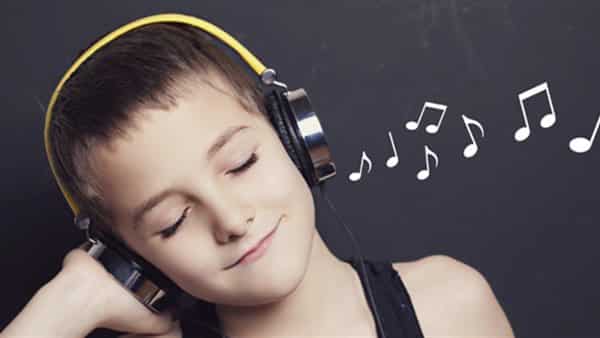Music treats language disorder in children

Music treats language disorder in children
Music treats language disorder in children
A developmental language disorder is a permanent condition that appears in childhood and causes difficulties with speaking and understanding. A new study has found that children with this disorder may benefit from listening to regular musical rhythms, according to a report published by New Atlas, a summary of what was published in the journal "NPJ Science of Learning".
About 7% of the population has developmental language disorder (DLD), a condition that is fifty times more prevalent than hearing impairment and five times more common than autism. The term "developmental" refers to the fact that the disorder is present from childhood and is not an acquired condition.
Multiple and varied problems
Children with DLD can have trouble understanding words, following instructions or answering questions, have trouble finding words to express ideas or pronounce words in the correct order, have trouble paying attention, have trouble reading and writing, and struggle to remember what was said for them. In the long term, this can negatively affect school and social life.
The study, conducted by Western Sydney University, examined whether listening to regular musical beats could help children with DLD improve sentence repetition, which is something they often struggle with.
Great find
Previous studies have shown a strong connection between brain regions that process language and music, and that there are similarities between music and language, with respect to syntax, rhythm, and auditory processing suggesting a possible joint effect on language and music.
"The finding that regular rhythms can enhance sentence repetition is startling, given that children with DLD have particular difficulty repeating sentences out loud, especially when they are grammatically complex," said Anna Vivesh, the study's lead researcher.
A promising tool for the treatment of speech problems
The researchers pointed out that the benefit provided by regular musical rhythm is related to language in particular, and not to visual tasks, explaining that the results of the study support the hypothesis that “the brain possesses common mechanisms for processing rhythm and grammar.”
Developmental language disorder is diagnosed by a speech-language pathologist who is trained to evaluate and treat people with speech and language problems. The researchers say their findings indicate that rhythmic music is a promising tool that can be incorporated into the treatment of speech problems.
Serious consequences academically and socially
“Limitations in language processing in children with DLD can lead to struggle to understand their peers, teachers and parents, which in turn leads to difficulty expressing ideas efficiently, which can lead to lifelong consequences academically and socially,” said researcher Enko Ladanye. ".
Ladanyi stressed the need to “effectively treat speech and language [problems] to mitigate these consequences and to improve developmental outcomes for children, and the latest findings can help complement and improve current speech therapy guidelines and practices.”






